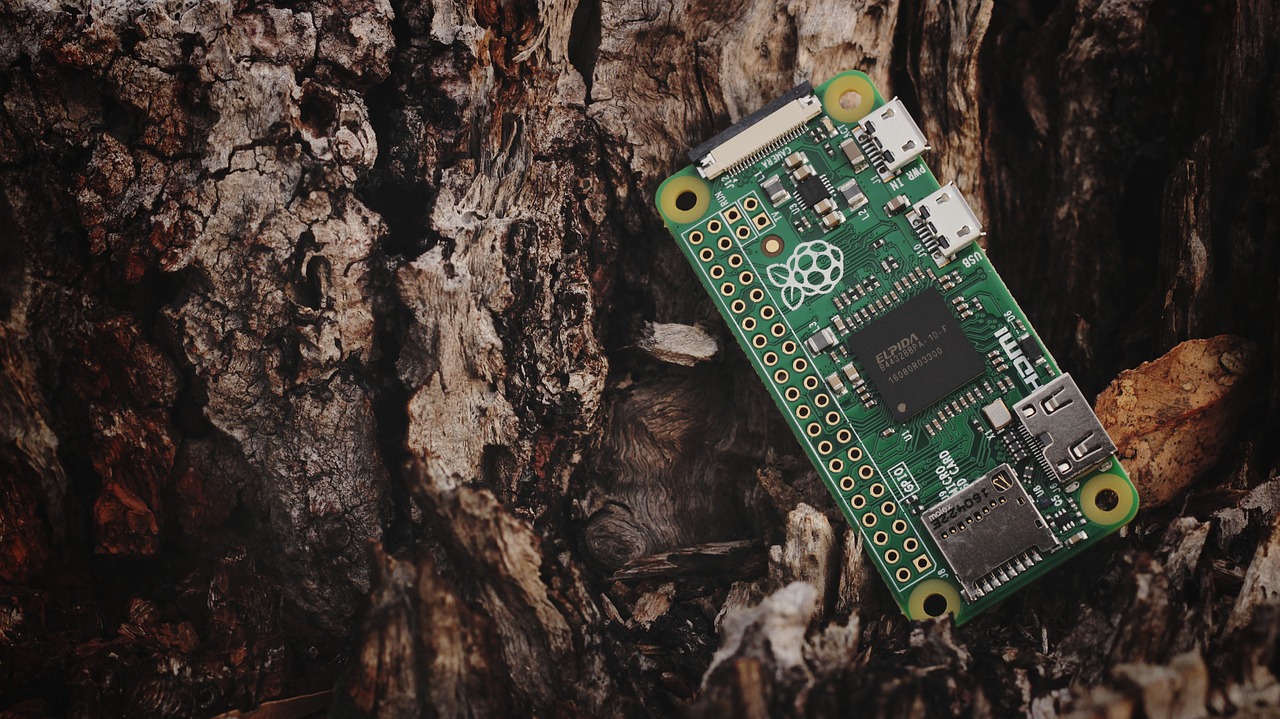Tech in Automotive Manufacturing
Over the years, the automotive industry has undergone significant transformations in its production processes. Traditional assembly lines, once dominated by manual labor, have given way to sophisticated manufacturing techniques that emphasize efficiency and precision. The introduction of automation and robotics has revolutionized the way vehicles are built, leading to higher productivity and reduced human error.
Through the adoption of lean manufacturing principles, car manufacturers have streamlined their operations and optimized resource utilization. Just-in-time production methods have enabled companies to minimize waste and inventory while improving overall quality control. These advancements in production processes have not only enhanced the speed of vehicle assembly but have also allowed for greater customization options to meet the diverse needs of consumers.
Automation and Robotics in Manufacturing
As technology continues to advance, the integration of automation and robotics in manufacturing processes has revolutionized the automotive industry. These innovative technologies have significantly improved efficiency and precision in vehicle production. Robots are now commonly used to perform repetitive tasks such as welding, painting, and assembly with unparalleled accuracy and speed.
The implementation of automation and robotics has not only enhanced the quality of vehicles but has also increased overall productivity in manufacturing plants. These machines work tirelessly around the clock, leading to faster production rates and reduced labor costs. With the ability to handle complex tasks with minimal errors, automation and robotics have become essential components in modern automotive production processes.
Innovative Materials Used in Vehicle Production
In recent years, the automotive industry has witnessed a significant shift towards the use of innovative materials in vehicle production. These cutting-edge materials are not only lighter in weight but also offer enhanced strength and durability, making them ideal for improving fuel efficiency and overall performance of vehicles. Carbon fiber, aluminum alloys, and high-strength steel are some of the key materials that have gained popularity in the production of modern vehicles.
Furthermore, the incorporation of these innovative materials has not only revolutionized the design and construction of vehicles but has also helped automakers meet stringent safety and environmental regulations. By utilizing materials that are not only lighter but also recyclable, the automotive industry is moving towards a more sustainable and eco-friendly approach to manufacturing vehicles. As technology continues to advance, it is expected that even more advanced materials will be developed and integrated into the production processes, further pushing the boundaries of innovation in vehicle manufacturing.
What are some of the innovative materials being used in vehicle production today?
Some of the innovative materials being used in vehicle production include carbon fiber, aluminum, high-strength steel, and composites.
How do these materials benefit the automotive industry?
These materials are lighter, stronger, and more durable than traditional materials, which can improve fuel efficiency, performance, and safety in vehicles.
Are these materials more expensive than traditional materials?
Yes, some of these innovative materials can be more expensive than traditional materials, but the long-term benefits often outweigh the initial cost.
How are automation and robotics being used in vehicle manufacturing?
Automation and robotics are being used in vehicle manufacturing to increase efficiency, accuracy, and consistency in the production process.
What are some examples of automation and robotics in vehicle manufacturing?
Examples of automation and robotics in vehicle manufacturing include robotic arms for welding, automated assembly lines, and 3D printing technology.
How have automotive production processes evolved over time?
Automotive production processes have evolved to become more streamlined, efficient, and environmentally friendly through the use of advanced technologies and materials.





